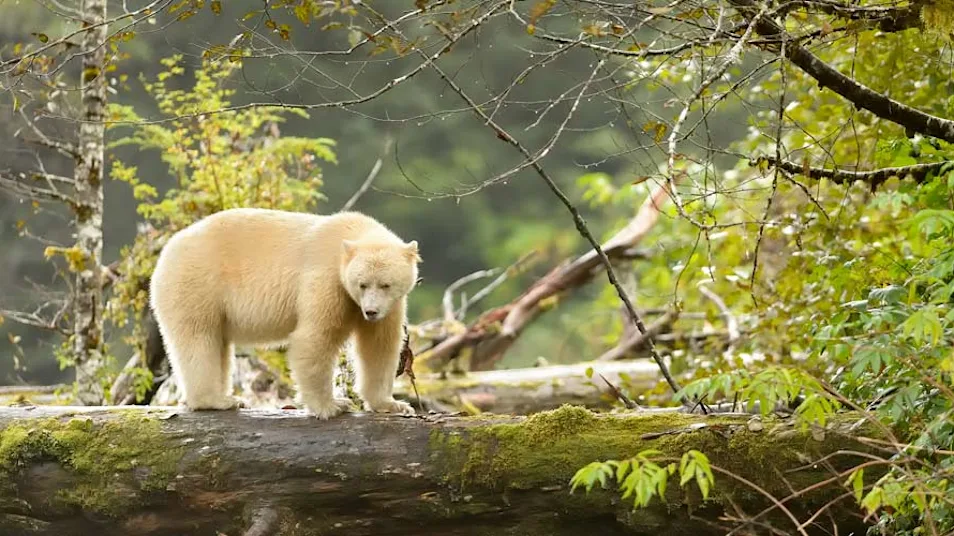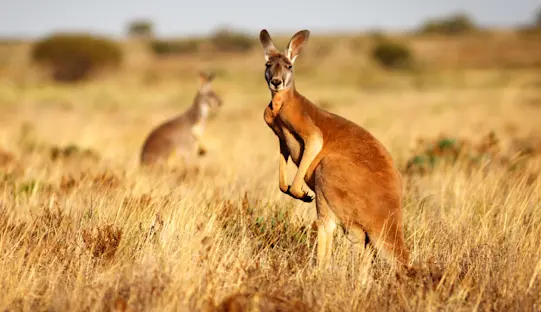
Know Before You Go
Biodiversity & Conservation of the Canadian Rockies
The Canadian Rockies have endured for millennia, sheltering and nourishing life. But life is not always as enduring as the seemingly eternal mountains. Even small changes in living conditions can have profound effects on what plants and animals can survive. Today, climate change and human encroachment have made it more difficult for many species. The national and provincial parks contained within these magnificent mountains are renowned for the great diversity of plants and animals, and that diversity is, unfortunately, in peril.
The air we breathe, the water we drink and the food we eat ultimately rely on biodiversity. Many species of plants and animals in the Canadian Rockies are threatened or in danger of disappearing. The list of measurably at-risk species includes birds, mammals, insects, gastropods, amphibians, wildflowers and trees. More specifically, we’re talking about everything from grizzly bears to whitebark pine, woodland caribou, whooping crane, western bumblebees, pika, tiger salamanders and even butterflies like the half-moon hairstreak.
Some good news is that the local parks have a lot of influence on how these lands are managed, and they are specifically mandated to protect and preserve these lands. Before Banff became Canada’s first national park in 1885, bison were hunted to extinction within the Rockies. We didn’t even know much about them at that point, only that they were easy to shoot. But today we recognize bison as a keystone species, meaning that they have special importance to the health of the ecosystem as a whole. Many other species depend on them, and in surprising ways.
For instance, take their relationship with birds. Bison grow an extra layer of thick hair in the wintertime to keep warm. In the springtime they shed that hair at the same time migrating birds are arriving for their nesting season. Research has shown that birds that use bison hair in their nest are 30% more successful in raising their chicks versus nests without the warm bison fur. More than 300 insect species also feed off of bison dung and at any given time there may be 1000 individual insects feeding collectively off just one dung patty. All those insects feed birds and their chicks.
We can continue to connect bison to other aspects of the ecosystem. Their dung also acts as a fertilizer that benefits meadow plants and, ultimately, other herbivores like elk or rodents that eat seeds. Healthy rodent populations go on to feed hawks and owls, coyotes, and foxes, while wolves go after the elk.
With an eye toward the bison’s ecological value (as well as with a nod to cultural and historical heritage), Banff park managers structured a program to reintroduce bison to the Canadian Rockies as an ecological management tool. In July of 2018, 31 plains bison were reintroduced to their native habitat. They came from Elk Island National Park near Edmonton Alberta, and today they and their offspring can be encountered in Panther, Dormer, Cascade and Red Deer River Valleys.
Journey on These Canadian Adventures

Great Bear Rainforest: In Search of Spirit Bears, Grizzlies & Whales
Discover British Columbia at its wildest, in search of the elusive white Spirit Bear in the remote valleys of western Canada's Coast Range. Offshore, scout for humpback whales and orcas in emerald fjords.































